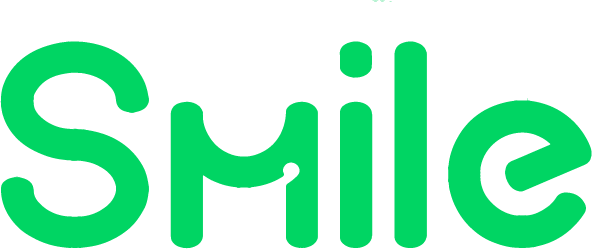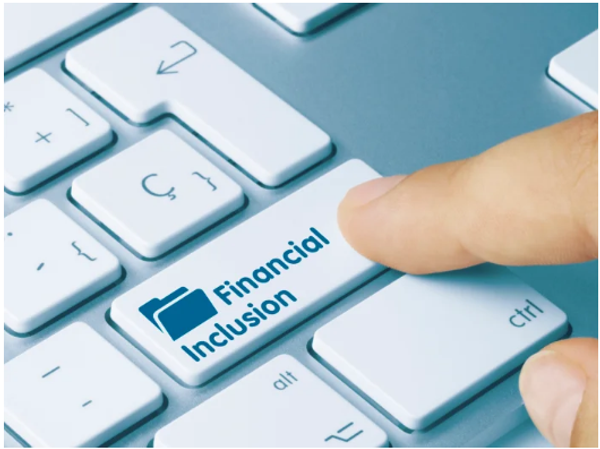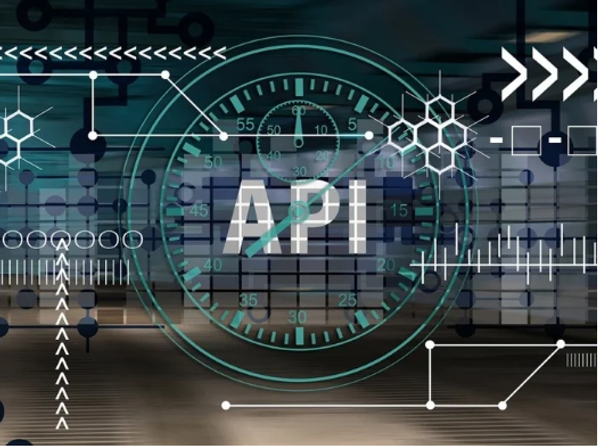During the rise of the occupy wall street movement in New York City, about a decade ago, Zach Perret thought about ways to improve the financial lives of people that were struck by the financial crisis of 2008. At the time, thousands had lost their homes due to personal bankruptcies. Like many founders at the time, Zach and his partner William Hockey wanted to build an app to improve financial wellbeing. The aim was to aggregate customers’ bank information in one place to provide valuable advice in order to make healthier financial decisions.
As to no surprise, the advice often would boil down to the standard of ‘spending less and saving more’, a platitude that let many users to delete the app. Their idea was not an immediate success, and the two founders were struggling to keep the company alive. It was now, when the funds were running out and the partners even had a hard time to make ends meet themselves, they got a call from a fintech entrepreneur friend. He did not hold back with his opinion, and basically told Zach he thought the app was rather useless. However, he would be willing to pay for getting access to their centralized bank infrastructure the company leveraged to get insights into their client’s financial situation. In this moment, Zach and William realized the business had the potential of bringing real value to the end user and themselves, by serving potential clients through a single access point. Thus, the company Plaid was born. By supporting fintechs with user bank data, Zach and William have unwittingly built the infrastructure that enabled the US Fintech industry to gradually evolve into a multibillion-dollar market.
The rise of Open Banking
Fast forward to 2021, Plaid has become the industry leader connecting thousands of apps with data from over 10,000 financial institutions enabling millions of users to expand their access to more diverse financial services. After receiving several large VC investments and attempted acquisition through Visa, Zach Perret and Willian Hockey’s Plaid is now estimated to be worth around USD $15 Billion dollars. While similar success stories in the tech industry would yield a great deal of media attention, Plaid is still a name most consumers never heard of. This is perhaps mainly due to the rather unspectacular nature of Plaid’s customer interaction, a simple white screen in the client’s app that lets users type in their login credentials of their bank account and confirm the information transfer. Nevertheless, the business model they have created in the ‘information space’ is well known amongst operators and investors alike as the ‘Plaid Playbook’.
The ‘Plaid Playbook,’ which in many ways has truly enabled the vision of 'Open Banking,' describes a pathway to more financial inclusion through accessibility of bank data, thereby reducing entry barriers for new, innovative financial apps in the market. More apps mean increased competition, giving end users better products and resulting in greater financial inclusion. But does the Plaid model really apply around the world?
From Open Banking to Open Finance
With some exceptions, the pandemic has the unfortunate tendency tohit the developing world more than other countries. Quarantines and other restrictions do not only limit the everyday lives of millions, it also affects and changes employment, commerce and financial transactions. In developed countries, where banking and financial services are ubiquitous, people can still actively engage in digital and online transactions, even while in quarantine. Many people in the developing world however, do not have this luxury. Being unbanked or underbanked is still a reality for majority of the population in these countries. Consequently, a replication of the Plaid phenomenon would only benefit a minority.
To address this issue, an ‘Open Finance’ model if you will, is required. A model that is not just focused on transactions, but instead is focused on other data points that can truly enable inclusive finance, such as information on people and where they work. Now with Covid, this means at home or at the workplace. In many cases during the pandemic, home and work have become one and the same. Smile, like Plaid, is an information infrastructure company, but unlike Plaid, Smile has set out to solve the problem of accessing primary employment data instead of bank data. Focusing on employment data enables modern applications with the needed identity, employment and financial information of not just those who have access to banks and financial services, but also those without: catering to a wider range of clients.
Covid-19, and how necessity is the mother of invention
For many people, not having a bank account is normal, but not having a job is less of an option. Newly created jobs during the pandemic have the tendency to be mostly digitally documented, enabled, and even executed, which makes them a perfect match for Smile and our clients. The important mission for Smile API is to quickly enable clients to serve their end users by accessing relevant data, all while keeping the end user in full control of what data is shared and with whom. The rewards are striking. For the end users, wallets, loans, insurances, digital bank accounts and many more applications become available through a simple but clear white labeled interface within the client application using the Smile API infrastructure.
We have built Smile in a decentralized way during the pandemic. Like everyone else we face the challenges that the pandemic brings, on the other hand the situation gives us the unique advantage to focus on the quickly growing digital employment space and to create valuable partnerships with both our clients and partners to help and overcome these tough times and grow together, even well after the pandemic is over.

.png)


